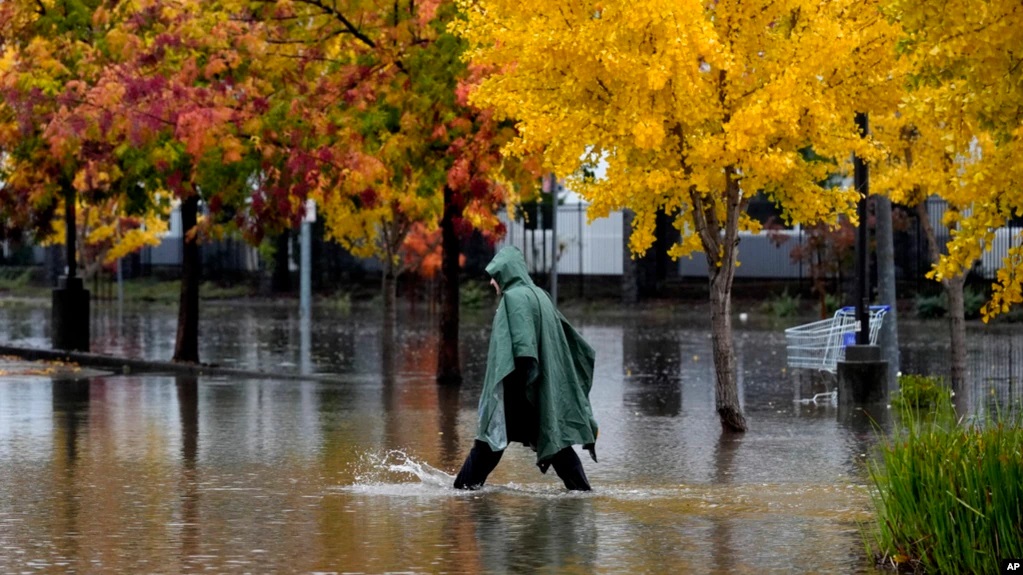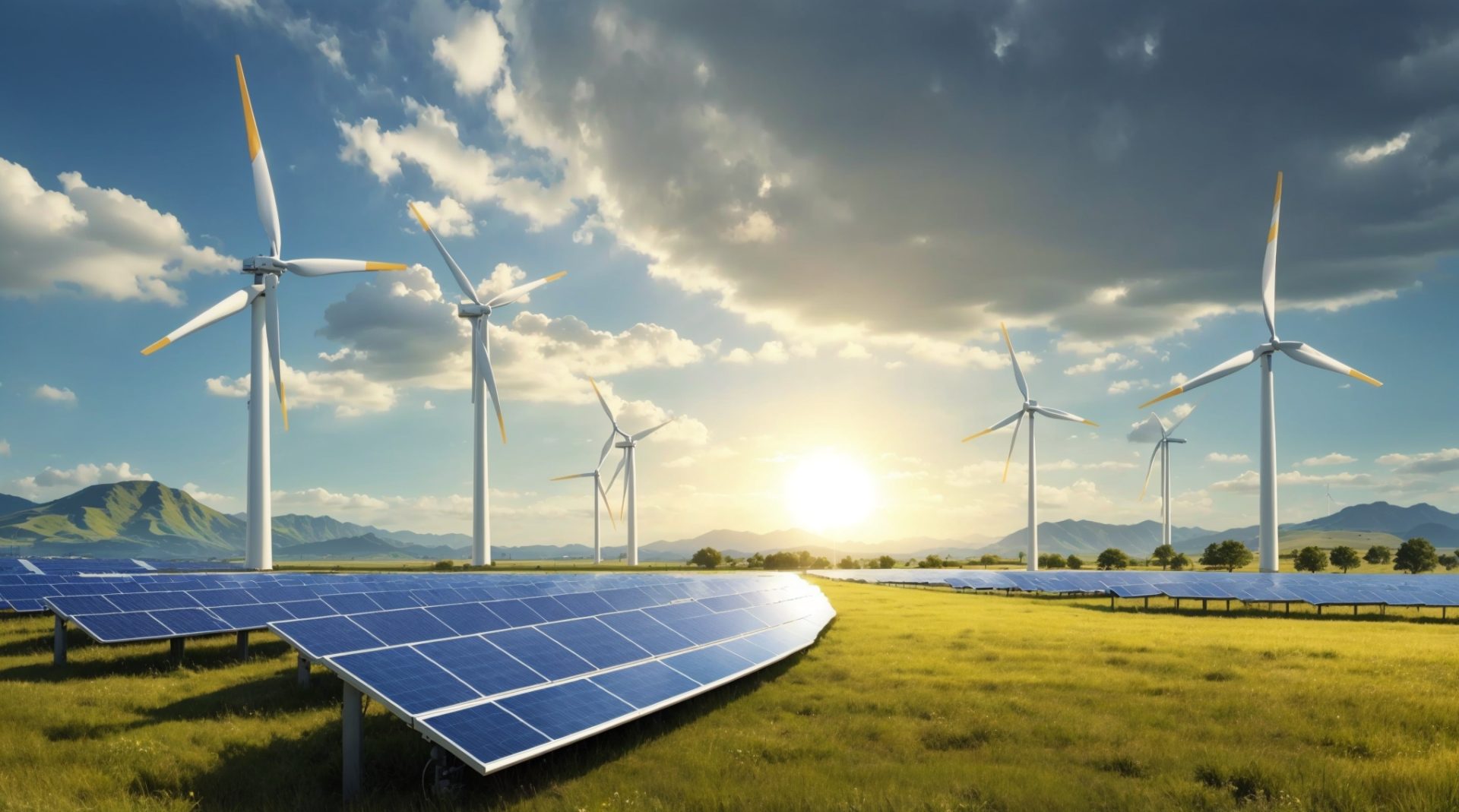South African Researchers Develop New Method to Clean Mining-Polluted Water
Written by worldOneFm on December 15, 2022
JOHANNESBURG — A South African researcher has developed a way to remove contaminants from water used in mining that could help clean up the dirty industry. The award-winning ion exchange method not only cleans the water but captures polluting metals that can then be re-purposed.
At a Johannesburg laboratory, researchers from the University of the Witwatersrand have developed a way to clean acid mine drainage (AMD).
AMD is the runoff of pollutants like sulfuric acid and heavy metals that secrete into waterways, affecting wildlife and rural mining communities.
AMD is often found at gold and coal mines, which are plentiful in South Africa.
Tamlyn Naidu is a post-doctoral research fellow involved in the project.
“What we wanted to do is minimize environmental impact for a lot of these communities that are afflicted by AMD. They have been born into mining communities, they work in mining communities, they’re either scared to report it or to complain about it, because this is their livelihood,” she said.
The ion exchange filtration system that Naidu and her colleagues have developed uses countless polystyrene beads, each the size of a pinhead, which the water passes through.
Unlike a coffee filter, which physically blocks coffee grounds from passing through with water, the beads grab the contaminants in the water chemically.
The passing water, which can be scaled up to clean 1,000 liters an hour, then comes out clear.
“This project though, does something extra. It also wants to extract from the water valuable materials. So what has been identified in some of these streams, especially coal mining streams, is that the acid that’s produced from the mine waters actually dissolves out some rare earth metals,” says Ed Hardwick, the owner of Cwenga Technologies, which is a partner in the research.
Rare earth metals are in huge demand globally because they can be used in new technology like electric vehicles. Being able to extract them adds a financial incentive to cleaning up AMD.
Naidu said she hopes this can empower communities by monetizing the extracted materials from the AMD.
“Ultimately, from this project, we want community members to be involved in something that’s easy for them to operate, that they can extract value from and start, you know, seeing the value that companies have been taking onto the land and taken away from them. And yeah, I guess adding to their quality of life,” she says.
A method to clean up AMD that can be monetized would be good news for the government and communities that are now burdened with the costly task.
“If this was going to be an incentive, it should be on the incentive of the state and that any monies that are obtained from the separation of those minerals that can be repurposed, that can be used, is then fed back into one rehabilitation, but also two, into creating sustainable economies for the communities that are impacted,” says Tarisai Mugunyani, an attorney with the Center for Environmental Rights in Johannesburg.
Researchers say they are hopeful their filtration system, which can be adapted to clean the unique chemistry of AMD at any site, will soon be adopted widely.
It has already gained international attention with Naidu taking the first prize for emerging talents breakthroughs at the Falling Walls Science Summit in Berlin last month.
Naidu said several companies in mining and technology sectors have contacted her about becoming involved.
By Linda Givetash






